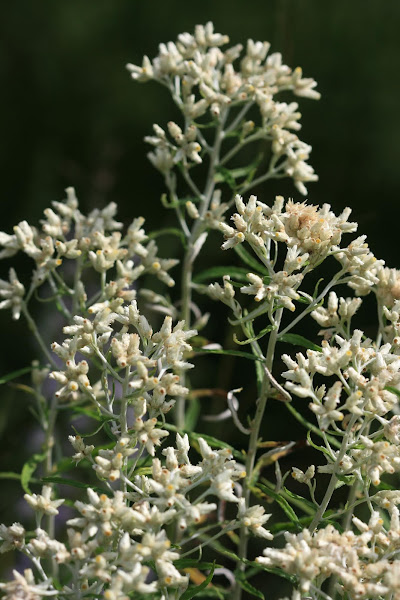Of the 24 native species of yellow-eyed grass, only Carolina yellow-eyed grass (Xyris caroliniana) is commonly white-flowered. This makes it much easier to identify in the field than the others. Carolina yellow-eyed grass is common in upland sites throughout Florida into the Florida Keys. It is found in similar upland conditions throughout much of the Southeastern Coastal Plain from east Texas north to Maryland and New Jersey.
This perennial is characterized by its somewhat twisted linear leaves that are erect and about 12-15 inches tall. They are less than 1/4 inch wide. The base of the plants has a chestnut-brown sheath. Flowering stems reach a mature height of about the same height as the leaves. They are produced singly from the greenish cones from summer into late fall. Each bloom is about 1/2 inch wide. While most species in this genus open in the morning, Carolina yellow-eyed grass typically opens later in the day. They are most-often pollinated by bees.
No member of this genus is currently propagated by nurseries affiliated with FANN - The Florida Association of Native Nurseries. Look for this one in upland settings. When not in bloom and relatively obvious, it can be distinguished by its twisted narrow leaves and non-ciliated scales on the spent flower heads.


























